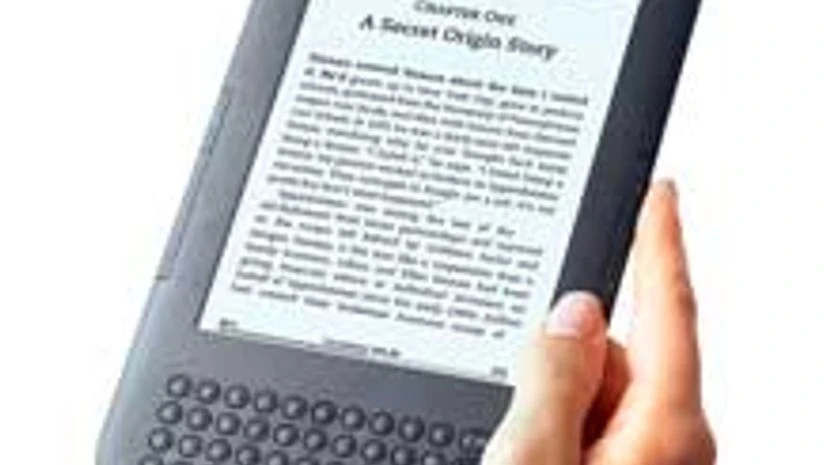Apple suffered a final defeat in its legal fight with the Justice Department over e-books Monday, when the Supreme Court refused to hear the company's appeal. When the case was filed in April 2012 it was seen as a fight over the future of the digital book industry, with Apple Inc. and the five biggest publishers aligned against Amazon.com Inc. While Apple and its allies lost in court, their vision for the industry won out. It hasn't been good for e-books.
The Apple case centred on whether publishers or online retailers would determine the prices for e-books. At the time, Amazon was selling e-books at a loss, buying a book for, say, $14.99 but then charging Kindle users just $9.99. Publishers worried that tactic would train customers to expect books to come cheap forever. Apple came along and offered to let publishers set their own prices. But the Justice Department thought the cooperation between Apple and the publishers to drive up the price of e-books was anti-competitive. The courts agreed.
While Apple fought through the courts, the publishers all settled with the Justice Department. Meanwhile, Amazon decided that letting publishers set their own prices wasn't such a bad idea, after all. Its newest deals with the big publishers allow them to do so. If Apple hoped to gain an advantage over a rival, it failed. Amazon controls about three-quarters of the US e-book market, according to Good e-Reader, a website that follows the industry. In 2010 it made up 54 percent of the market.
Also Read
Once Amazon gave up on its goal of setting a $10 standard price for e-books, the prices began to rise. Today, three of the top five best-selling books on the New York Times list for fiction cost at least $12. It's not unusual to be able to buy a paperback book for less than the cost of the digital version.
There's a widespread assumption that digital media always wins out over physical media. But even the Internet isn't immune to the basic laws of economics. E-book sales declined 12.3 percent over the first 10 months of 2015, compared with the previous year, according to the American Association of Publishers, which compiles data from 1,200 companies.
The major publishers have been reporting slipping revenue from e-book sales, even as physical book sales rise. There are various reasons for this shift, from the popularity of adult colouring books, which don't work so well on Kindles, to the lack of blockbuster young adult novels this year. But also, charging more for something reduces its appeal in the market.
Harper Collins said in February that digital book sales dropped to 16 percent of its consumer book sales in its most recent quarter, from 19 percent the year before.
"It's a fascinating question and clearly what it shows is that purchasers make a decision based on price," said Robert Thomson, the chief executive officer of News Corp., which owns Harper Collins, in a recent call with investors. "They are valuing a print book versus an e-book."
Thomson said he still expects e-books to grow as a percentage of the company's overall book business, but acknowledged that people have lots of choices on their devices, and won't necessarily choose books over other forms of entertainment.
None of the statistics highlighting the recent decline in e-books include independent and self-published e-books. These are generally much less expensive than what's coming out of the major publishing houses, and people within the self-publishing world insist that it continues to thrive. Author Earnings, an advocacy group for writers, says that nearly 60 percent of Kindle books come from outside the traditional publishing process. These books account for about 40 percent of total consumer spending. The group describes gains among independent authors as driving the declines among major publishers.
For now, it seems the major publishers have undermined the digital book market, spurred at first by Apple's offer to help increase prices. But there's one way that this case could spark a bit of an e-book stimulus, says Michael Kozlowski, the editor-in-chief of Good e-Reader.
Now that its legal options are exhausted, Apple will have to pay out $400 million in refunds to e-book customers, which they can only use to buy new e-books. The total revenue to publishers for trade e-books in the United States for the first ten months of 2015 was just a bit more than $1.1 billion, so Apple's settlement could be a significant shot in the arm for the languishing industry.

)
